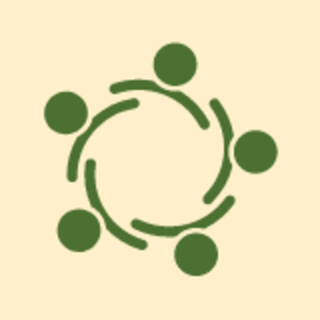UW Libraries' Participatory Activities Workbook
This workbook represents a collection of participatory activities used at UW Libraries to advance participatory methods in our work with students, library users, and colleagues. These activities were initially adapted for use in Participatory Design projects, but we have found them to be useful in isolation to bring creativity and playfulness to other meetings, workshops, and projects. These activities can be useful facilitation tools: they invite you to think intentionally about the kind of work you are asking participants to undertake, provide a clear framework for the activity while introducing unexpected ideas and associations, and typically produce a clear product or takeaway for future analysis or reference.
Each activity listed here has a facilitation guide or online slide template available for download. The purpose of the activity, facilitation instructions, and any tips we have learned in running the activity ourselves are listed on the main page for each activity. Most activities can be used online or in person, and each activity has been tagged for the kind of task it facilitates:
- Build rapport among participants and get to know each other
- User inquiry to gain insight into personal experiences, successes with a program or service, or key issues/barriers
- Collaboratively developing insights/analysis about shared information
- Brainstorming possible ideas, solutions, or areas of exploration
- Idea exploration to test for feasibility and surface key considerations for implementation
- Selection/consensus building to narrow a broad set of possibilities
- Project planning to identify next steps, develop timelines, and assign roles

Resources
Resource Collections
Facilitation tool / supplementary activity
CollectionIcebreaker / Warm up activity
CollectionPrimary Activity
Collection

